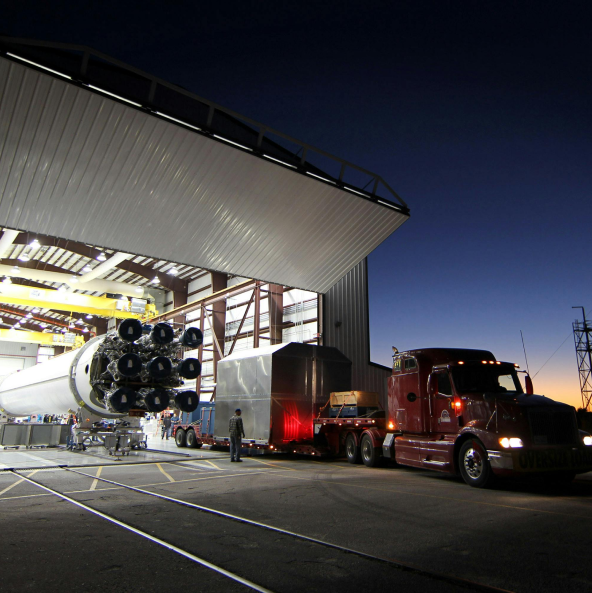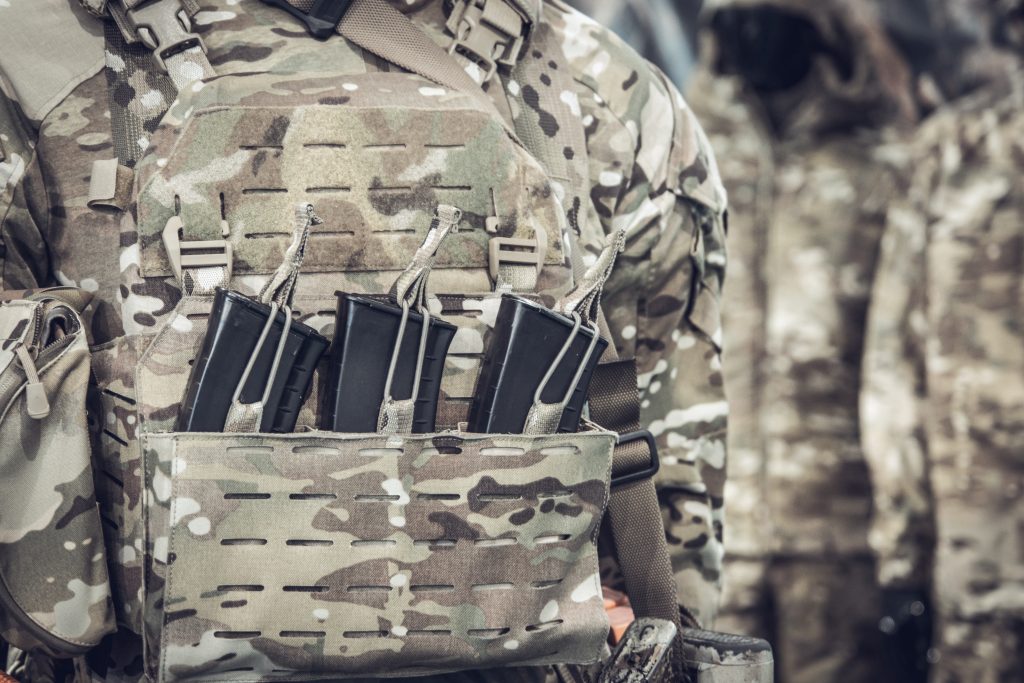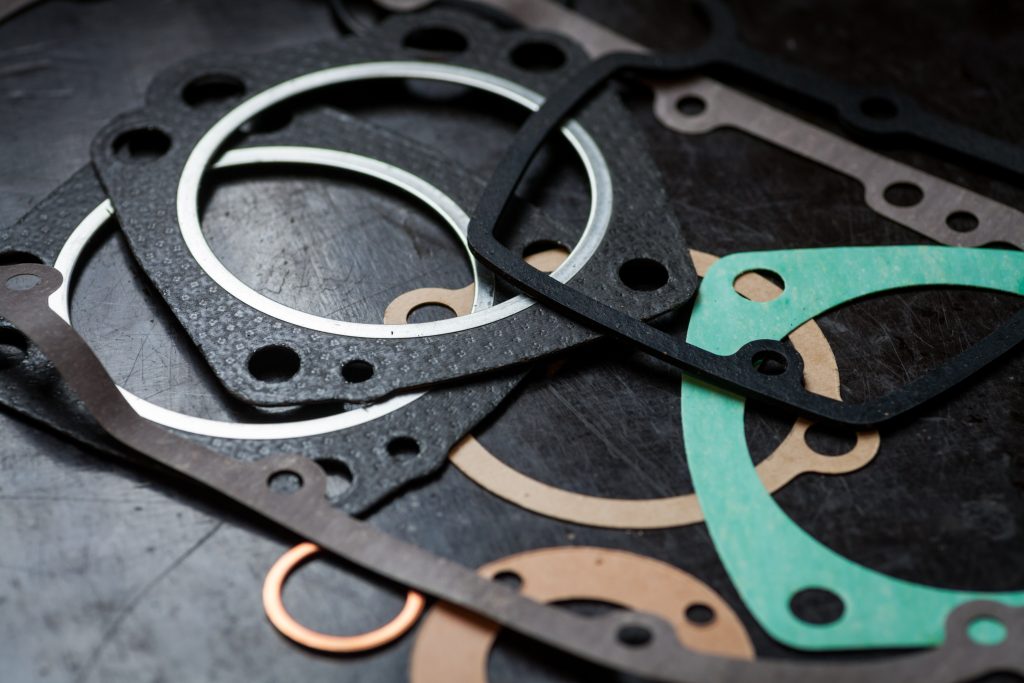Precision, Performance, and Beyond
The Challenge:
A tactical equipment manufacturer, specializing in gear for specialized military and law enforcement units, sought a solution to overcome the limitations of their traditional MOLLE (Modular Lightweight Load-carrying Equipment) production methods. Die-cutting, their established technique, struggled to deliver the intricate designs and clean edges required for increasingly complex gear configurations. Additionally, wear on die-cutting tools led to inconsistencies and increased maintenance costs.
The SawGrass Solution
By adopting laser cutting, the manufacturer unlocked a new realm of possibilities, leveraging the technology's inherent precision to achieve intricate and complex designs with ease. The laser's ability to follow digital patterns meticulously ensured consistent and accurate cuts, eliminating the inconsistencies and imperfections often associated with manual cutting methods. This heightened precision not only translated into superior product quality but also streamlined the production process, reducing the need for rework and minimizing material waste.
Furthermore, laser cutting technology proved to be remarkably adaptable, accommodating a wide range of materials used in MOLLE gear production. Whether it was cutting through tough nylon webbing or intricate patterns on Cordura fabric, the laser's versatility allowed the manufacturer to expand their design possibilities and offer a more diverse range of products. The non-contact nature of laser cutting also minimized the risk of material distortion or damage, ensuring that each piece of MOLLE gear was crafted to the highest standards of quality and durability.
Key Advantages
Design Freedom:
Laser cutting enabled the manufacturer to realize MOLLE gear designs with intricate cuts and complex shapes previously impossible with die-cutting. This allowed for greater customization, catering to the specialized needs of personnel in diverse operational roles.
Superior Accuracy and Consistency:
Lasers cut with unparalleled precision, ensuring every MOLLE pouch, panel, or attachment point was perfectly formed every time. This precision translated directly into the field, where modular components interfaced seamlessly and reliably under stress.
Edge Quality:
Laser-cut MOLLE webbing boasts clean, sealed edges. This eliminates fraying, a common issue with die-cut materials, extending the lifespan of the equipment and reducing the risk of snagging or potential failure points.
Durability:
The combination of precision cuts, sealed edges, and the flexibility to work with the latest high-performance materials resulted in MOLLE gear of remarkable durability. This increased the longevity of investment for the end-users, particularly in harsh deployment environments.
Manufacturing Agility:
Switching between MOLLE gear designs became fast and cost-effective with laser technology. The adaptability allowed the manufacturer to swiftly meet rapidly changing customer demands and stay ahead in a competitive market.

The Results:
Enhanced Customer Satisfaction:
The MOLLE gear produced through laser cutting technology garnered significant acclaim from discerning military and law enforcement clientele. The heightened precision, superior durability, and expanded customization options of the laser-cut products exceeded their expectations, resulting in heightened satisfaction and positive feedback.
Reduced Production Costs:
The implementation of laser cutting technology yielded notable reductions in production costs. By minimizing material waste and curtailing downtime associated with tool maintenance, the company was able to streamline its manufacturing processes and achieve significant cost savings. This efficiency translated into a more competitive pricing structure for the MOLLE gear, further enhancing customer value.
Boosted Production Capacity
The integration of laser cutting technology, in conjunction with automation, revolutionized the manufacturing process, enabling a substantial increase in production capacity. The expedited production cycles and heightened efficiency allowed the company to fulfill larger orders within shorter timeframes, thereby meeting the growing demand for their MOLLE gear and expanding their market reach. The ability to scale production rapidly proved to be a strategic advantage in the dynamic and competitive landscape of tactical gear manufacturing.


Conclusion
This comprehensive case study serves as a compelling illustration of the profound and transformative impact that laser cutting technology can have on the production of MOLLE gear. By wholeheartedly embracing this advanced manufacturing method, the tactical gear manufacturer was able to significantly elevate the quality, durability, and overall capabilities of their products.
The utilization of laser cutting not only resulted in tangible improvements in the precision and functionality of the MOLLE gear but also fostered a ripple effect of positive outcomes. The enhanced product quality garnered widespread acclaim from military and law enforcement personnel who rely on such gear in the line of duty, solidifying the manufacturer's reputation as a provider of top-tier tactical equipment. Moreover, the increased efficiency and reduced production costs associated with laser cutting allowed the company to offer their products at a more competitive price point, making them more accessible to a wider range of customers.
In essence, this case study underscores the fact that laser cutting is not merely a technological advancement; it is a strategic investment that can revolutionize the production of tactical gear, empowering manufacturers to better serve those who depend on their products for safety and performance in demanding environments. The success story of this tactical gear manufacturer serves as an inspiration for others in the industry, demonstrating the immense potential that lies in harnessing the power of laser cutting technology to drive innovation, enhance quality, and ultimately, better equip those who protect and serve.
Additional Case Studies

Laser-Cut Innovation Transforms Fashion Design
An independent fashion designer specializing in contemporary womenswear with an emphasis on intricate detailing and surface embellishment.


